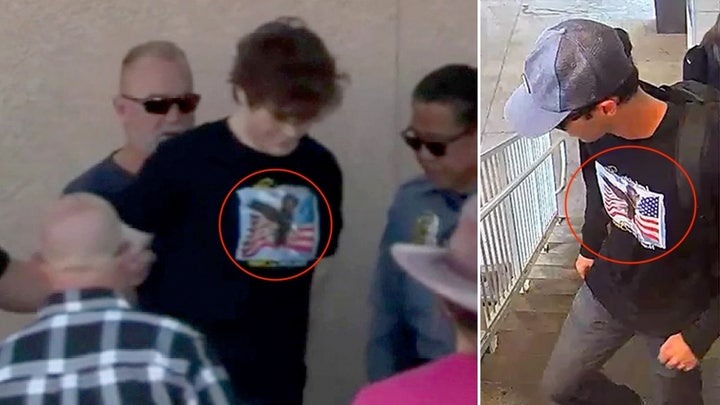Disruption at Memorial for Conservative Activist Charlie Kirk in Phoenix
The recent memorial for Charlie Kirk, a prominent conservative activist and co-founder of Turning Point USA, took a distressing turn as authorities arrested a 19-year-old man during a peaceful gathering in Phoenix. The memorial, which had been established outside the Turning Point USA headquarters, became a focal point for mourners who came together to honor Kirk’s life and legacy after his untimely passing earlier this month. With heartfelt tributes such as flowers, flags, and handwritten notes adorning the area, the memorial represented a serene space for grieving supporters. However, a brief disruption on Sunday morning challenged this peaceful atmosphere.
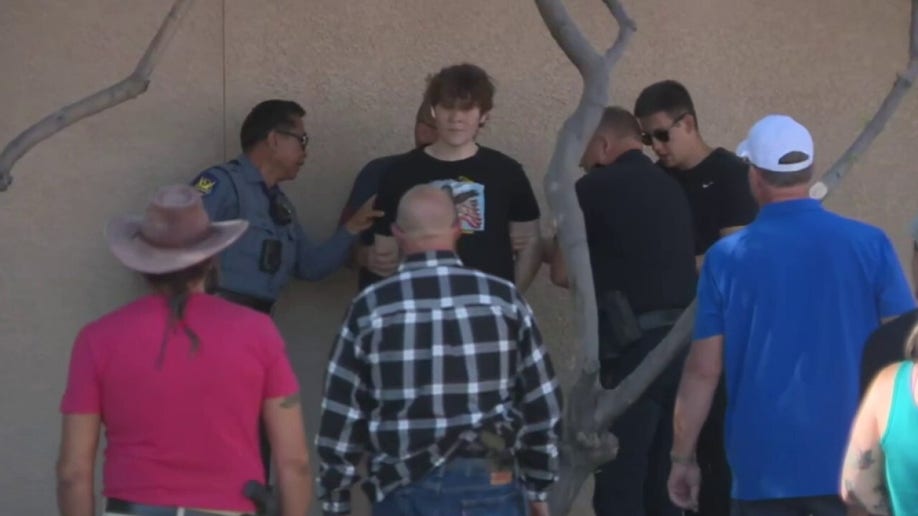
A Moment of Community Reflection
In the aftermath of Kirk’s death at a campus event in Utah, his supporters transformed the Phoenix headquarters into a site of remembrance. This makeshift memorial quickly accumulated personal tokens of affection and respect, symbolizing the profound influence he had on young conservatives across the nation. Visitors described the memorial as a tranquil sanctuary where they could share their sorrow and support Kirk’s family through their grief. The heartfelt expressions of loss, reflected in the vibrant array of bouquets, candles, and patriotic decorations, served as a reminder of Kirk’s significant impact as a political figure.
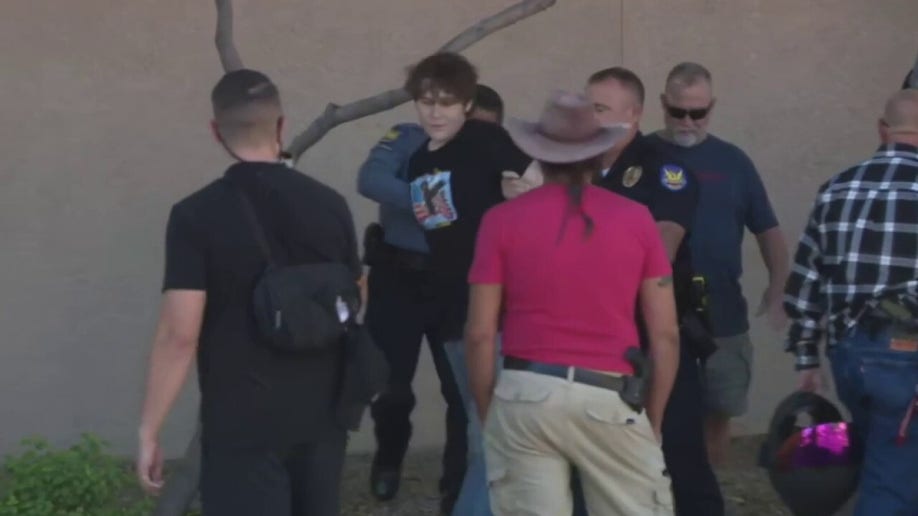
This gathering of mourners was not merely about honoring a fallen activist; it represented a convergence of shared beliefs and values among those who revered Kirk. Many attendees wore pins and clothing emblazoned with slogans from Turning Point USA, emphasizing their commitment to conservative principles and their admiration for Kirk’s role in promoting these ideals. This atmosphere of solidarity and mutual support was palpable, as individuals exchanged stories about how Kirk had personally influenced their political journey, forging connections that transcended mere admiration for his work.
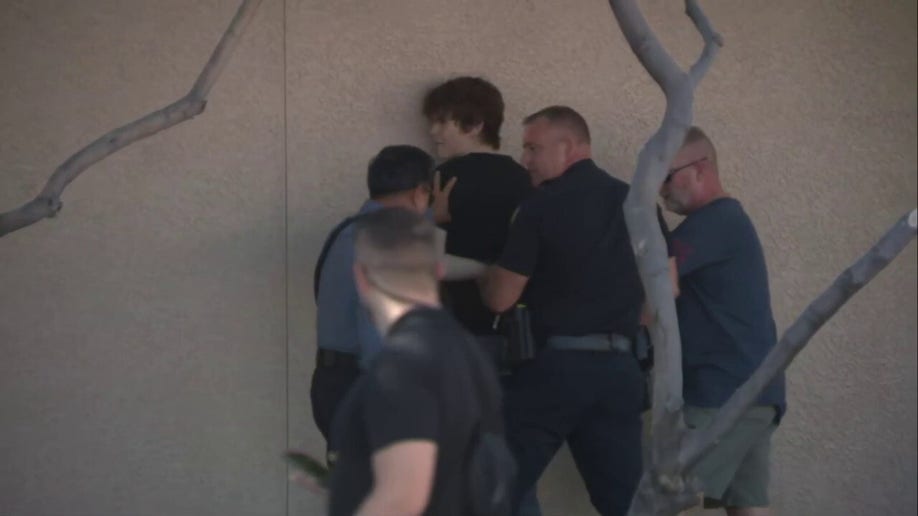
The Disruption Unfolds
On that fateful Sunday morning, witnesses reported an unsettling scene around 9:50 a.m. when a man identified as Ryder Corral walked through the memorial, disrupting the tributes by knocking over flowers and other memorial items. Attendees quickly intervened, trying to halt the disruption until law enforcement could step in. The Phoenix Police Department confirmed that Corral was arrested and charged with criminal damage and disorderly conduct. Fortunately, no serious injuries were reported during this incident, largely due to the proactive presence of law enforcement officers who were already in the area for traffic management given the large turnout of mourners.
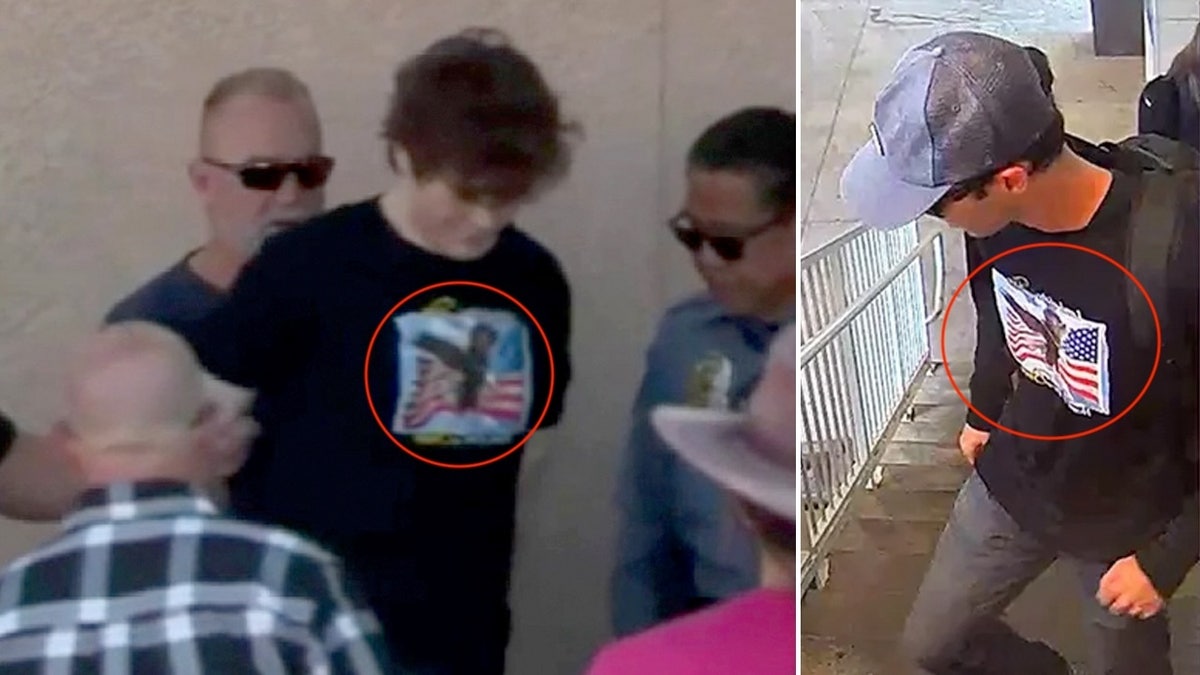
The disruption was not just a physical act but symbolized a clash of ideologies. Many in attendance felt that the incident was an affront not only to their grief but to the values Kirk championed. The swift response from both the attendees and law enforcement underscored the commitment of the community to protect their right to mourn peacefully. It also highlighted the precarious balance between free expression and the respect owed to those in mourning.
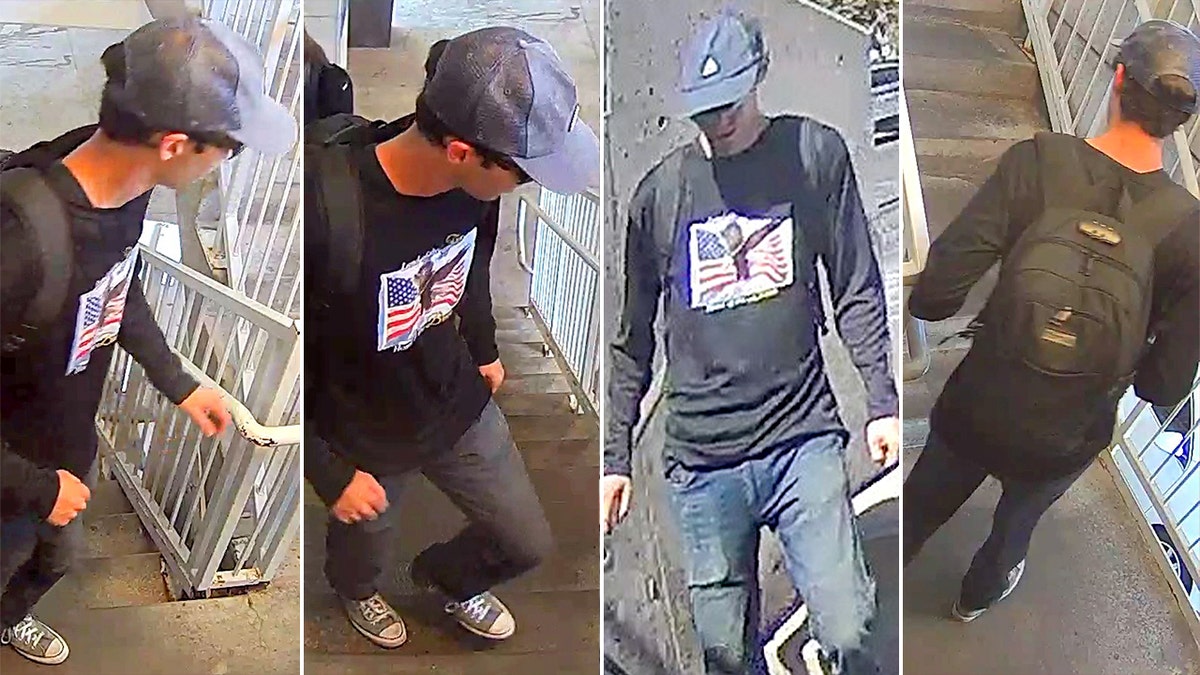
Legal Proceedings and Community Sentiments
Corral is currently being held at Maricopa County Jail, awaiting his first court appearance. While the charges against him are classified as misdemeanors under Arizona law, the repercussions can vary significantly based on judicial outcomes. Authorities clarified that this incident is unrelated to the ongoing investigation connected to Kirk’s tragic death in Utah, emphasizing that it is strictly a matter of local public order. The quick response from both law enforcement and community members reassured those gathered at the memorial that their space for mourning would remain protected and respected.
Community leaders have expressed a desire for healing and reflection in the wake of the incident. Some have called for discussions about how to manage public spaces during times of collective grief, advocating for guidelines that ensure all voices are heard while maintaining the sanctity of memorials. The incident has sparked dialogues on social media, with many supporters sharing their thoughts on the importance of civility in public discourse, especially in a politically charged environment.
Community Resilience and Reflections on Kirk’s Legacy
Despite the unsettling disruption, attendees exhibited remarkable resilience, returning to the memorial site to continue honoring Kirk. Many expressed their determination to keep the spirit of the memorial intact, emphasizing that the tribute stood for respect and remembrance, transcending the negativity of a single act. One mourner poignantly remarked, “People came here to grieve. It was upsetting to see someone cause damage, but this community is strong. The memorial is bigger than one act.” Such sentiments reflect the collective strength and unity shared among Kirk’s supporters, who remain steadfast in their commitment to honor his life and contributions. The resilience displayed by the community serves as a testament to the enduring nature of Kirk’s influence. Supporters are not just preserving his memory; they are actively engaging in discussions about the values he represented and the future of conservative activism in America. Many are inspired to become more involved in political advocacy, taking Kirk’s message to heart and striving to embody the principles he championed. The memorial thus becomes not just a place of mourning but a rallying point for continued activism.
The Broader Implications of Public Mourning
The emotional upheaval surrounding the memorial incident raises significant questions about public mourning, safety, and civility in the current sociopolitical climate. As communities across the country grapple with similar issues, experts suggest that memorials serve a dual purpose: they provide a space for collective grief and a platform for reaffirming shared values. Dr. Alicia Romero, a social ethics professor, highlighted the importance of maintaining respectful spaces for mourning amidst the chaos of public expression. “Memorials are about healing. When disruptions occur, they remind us of the need to balance free expression with respect for those grieving,” she explained. Furthermore, the situation underscores the necessity for communities to come together in times of crisis. By fostering dialogue around such incidents, communities can work to prevent future disruptions while honoring the rights of individuals to express dissent. The tension between free speech and the emotional sanctity of memorials is a complex issue that requires thoughtful consideration and mutual respect. As the nation continues to navigate these challenges, the lessons learned from this incident may help shape more constructive approaches to public mourning.
Looking to the Future: A Continued Tribute
As the legal process concerning Corral unfolds, community members remain focused on commemorating Charlie Kirk. Despite the brief disruption, flowers, flags, and messages of support continue to adorn the Phoenix memorial, undeterred by the events of that Sunday. For many, this incident serves as a reminder of their resilience and commitment to preserving Kirk’s legacy. As one mourner expressed, “No single action can undo what Charlie meant to people. This memorial will stand because his legacy stands.” The community’s determination to honor Kirk’s memory speaks volumes about the enduring impact he had on countless lives. This commitment to remembering Kirk is not just a superficial gesture; it is a core part of what supporters view as a crucial dialogue in today’s political climate. Many are taking it upon themselves to organize events that celebrate Kirk’s life and teachings, including discussions, workshops, and campaigns aimed at educating others about the conservative principles he espoused. Such initiatives ensure that Kirk’s influence continues to resonate, fostering a new generation of leaders who are inspired by his vision.
Conclusion: Embracing Unity in Remembrance
The recent arrest at the Phoenix memorial underscores the deep emotions surrounding Charlie Kirk’s death. While the incident momentarily disrupted a moment of unity, it ultimately highlighted the broader community’s resilience in the face of adversity. As supporters of Turning Point USA and the Kirk family continue to focus on honoring his legacy, the memorial stands as a powerful symbol of both grief and the indomitable spirit of remembrance. In a time when public safety and civility are being intensely debated, the Phoenix memorial serves as a testament to the strength of community bonds, affirming that even in moments of disruption, the collective memory of beloved figures endures. As we look ahead, it becomes clear that the legacy of individuals like Charlie Kirk is not confined to their lifetimes. Instead, it is woven into the fabric of the communities they inhabited and inspired. The ability to come together in times of sorrow, to uplift one another, and to celebrate shared values will continue to resonate long after the flowers at the memorial have wilted. The future of political engagement and community activism may very well hinge on how effectively supporters can channel their grief into action, ensuring that Kirk’s vision lives on in their hearts and minds.

